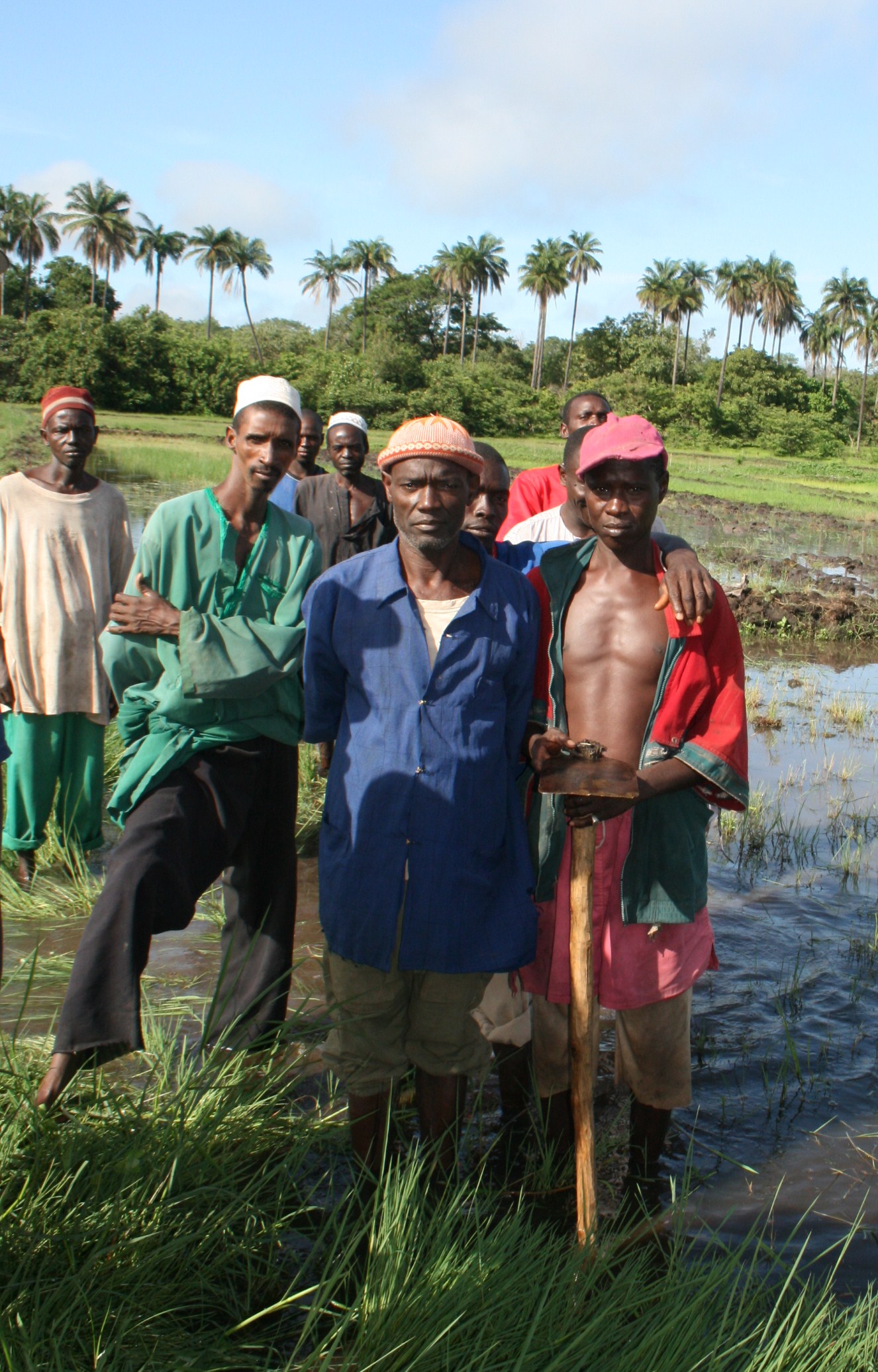In early 2009 the African Development Bank (AfDB), Agence Francaise de Developpement and the International Fund for Agricultural Development (IFAD) launched the African Agriculture Fund, aiming to raise US$674 million to help medium-sized agricultural companies and cooperatives modernise, improve management and diversify agricultural production.
“Those companies that are big enough can already raise their own money for agri-business, and very small farmers can turn to micro-credit,” Kaberuka said at a press conference at last week’s AfDB annual meetings in Dakar, Senegal. “What we are missing is [farmers in] the middle, to really add value.”
Oxfam’s regional campaigns manager Kate Norgrove told IRIN: “We support the fund. We have been calling for increased funding for agriculture for a long time; but smallholders are key to developing the agricultural sector. Many of the poorest farmers across Sub-Saharan Africa need a funding boost to be able to organise themselves into a cooperative in order [even to go after] larger-scale funding.”
Targeting small farmers with assistance could would help them grow, she said. “Then Africa could produce enough food for national use and regional trade without having to resort to large-scale agribusiness.”
Micro-credit lacking
Regional investment banks do not put much faith in micro-credit to spur agricultural growth, according to Cheikh Oumar Ba, director of Senegalese think-tank Initiative Prospective Agricole et Rurale.
The bulk of sub-Saharan African farming is rain-dependent, making harvests – and thus loan repayments – unpredictable, he said. “Securing loans is still a problem for small-scale farmers; if there is a bad harvest or poor rain, the bank will not be reimbursed, so very few take the risk.” Few banks will give smallholders regular annual loans, making it difficult for growers to build up their farms, Ba said.
And few lending institutions accept farmers’ assets such as livestock as collateral, he said.
AfDB’s Vice-President Zeinab El-Bakri agrees there are problems with micro-finance, but says national banking networks and organisations such as IFAD are better placed to step in than large regional banks. “The AfDB is wrong for this, it requires close supervision that we are not set up to do.”
About 500 million people in developing countries run small businesses – many of them farm-related – but just 2.5 percent of them are able to obtain loans from banks or traditional lending institutions, according to IFAD.
In May 2009 IFAD promised poor farmers $3.7 billion over the next five years, part of which will go towards micro-finance.
And while others stress risks, IFAD stresses security. Studies show that growth generated by agriculture is up to four times more effective in reducing poverty than growth in other sectors, according to an IFAD communiqué.
Small-scale farmers across sub-Saharan Africa are just eager to see the money. “Farmers we have spoken to in Mali and Ghana say access to credit has always been hard and now [given the financial crisis] it is even harder,” Oxfam’s Norgrove said.
“What we really need to see now is money on the ground. Money promised last year has not yet reached small farmers we have spoken to across West Africa. [It must] get there soon so they can buy fertilizers and seeds to prepare for the upcoming planting season.”
aj/np
This article was produced by IRIN News while it was part of the United Nations Office for the Coordination of Humanitarian Affairs. Please send queries on copyright or liability to the UN. For more information: https://shop.un.org/rights-permissions





